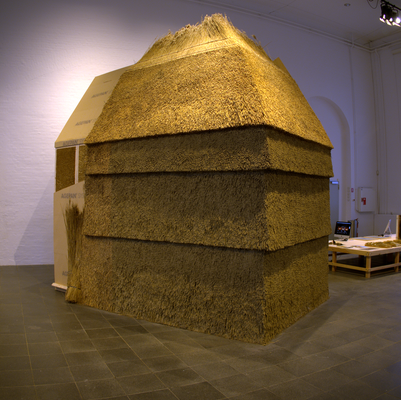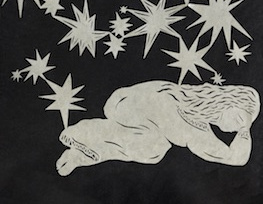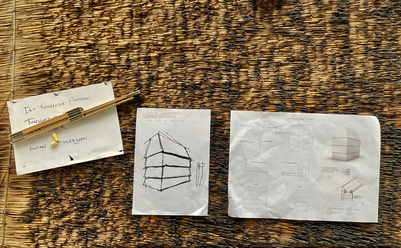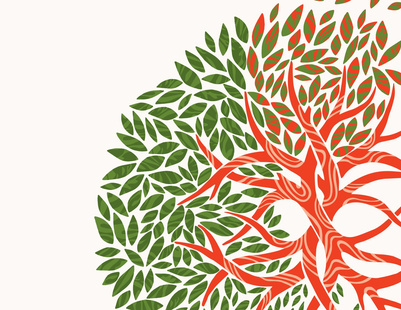New Study Aims to Make Urban Environments Healthier
With a grant of DKK 11 million, a new research project aims to outline measures to improve the health of socially vulnerable senior citizens, children and young people in Danish towns and cities.
“In Denmark, there is a peculiar welfare paradox. There are certain groups of society who can expect to live shorter lives because they are so physically inactive. This is perhaps the greatest challenge facing our welfare state, and it is an issue we want to address,” explains René Kural, Associate Professor at the Royal Danish Academy of Fine Arts School of Architecture, Design and Conservation (KADK)
He and his colleagues from the University of Copenhagen (KU) and the University of Southern Denmark (SDU) have been awarded a DKK 11-million grant to fund a new interdisciplinary research project entitled ‘Activity- and Health-enhancing Physical Environments’.
The aim of the project is to examine how the urban environment can be used to help socially vulnerable senior citizens, children and young people to become more physically active and to achieve better levels of health and an improved quality of life.
The five-year research project is supported by the Danish Foundation for Culture and Sports Facilities (DKK 5.2 mil), the Tryg Foundation (DKK 2.9 mil) and the Velux Foundation (DKK 2.6 mil)
Programme Director Mette Meldgaard from the Tryg Foundation explains: “Using robust scientific methodology, the project will tackle one of the biggest future challenges that we are currently facing. How do we create urban environments and urban lifestyles that mobilise us and make physical activity fun?”
Bo Vestergaard Madsen, director of analysis at the Danish Foundation for Culture and Sports Facilities: “APEN will create much-needed knowledge, leading to concrete results that can be incorporated and implemented in future municipal planning.”
Ane Hendriksen, director of the Velux Foundation, follows up on these positive words: “We are very much looking forward to seeing how the project can promote physical activity and healthier lifestyles by involving citizens in the improvement of their physical environment.”
Close dialogue with local communities
The objective of the project is to create new scientific knowledge about how to promote physical activity and healthy lifestyles in disadvantaged areas by using urban architecture to change or improve the physical environment. Everyday activities are a particular area of focus, as is finding out how the provision of well-designed meeting places in public outdoor spaces can contribute to better levels of health and an improved quality of life. This development must be centred on the needs of the local community, with new outdoor spaces that encourage physical activity being created in close dialogue with those who will use them.
The neighbourhood of Kongens Enghave in Copenhagen’s Vesterbro district will be used as the initial case study. Today, Kongens Enghave is characterised by a number of physical, social and economic conditions, which in combination can have a negative impact on the physical activity and healthy lifestyles or those living there. The results from the Kongens Enghave study can then later be used by other Danish municipalities.
New interdisciplinary research environment in Denmark
In connection with the project, an interdisciplinary knowledge network, Activity- and Health-enhancing Physical Environments Network (APEN), will be established. This network will consist of researchers from the University of Copenhagen, the University of Southern Denmark and the Royal Danish Academy of Fine Arts Schools of Architecture, Design and Conservation.
This network will be headed by Associate Professor René Kural, KADK, who has many years of experience supervising and co-ordinating research projects, and who is a member of several national and international research networks. The University of Copenhagen will be represented by Associate Professor Bettina Lamm, who researches the relationship between art, play and urban space and who, together with her team at the department of Landscape Architecture and Planning, develops active urban installations in collaboration with citizens. Representing the University of Southern Denmark is Associate Professor Jens Troelsen, who has set up the Active Living research unit. This unit works to provide research-based information on how to encourage increased physical activity in the urban environment, with particular focus on play, leisure, active transportation and recreational activities.
The results from the research project will be published in the form of three individual PhD theses, scientific articles and lectures, and will ultimately conclude with a single publication collating all the data gathered. This final publication is intended to be used by the City of Copenhagen and other municipalities across Denmark in their work on developing their urban environments. Through the course of the project, results will be made available on the network’s website: www.apen.dk.





